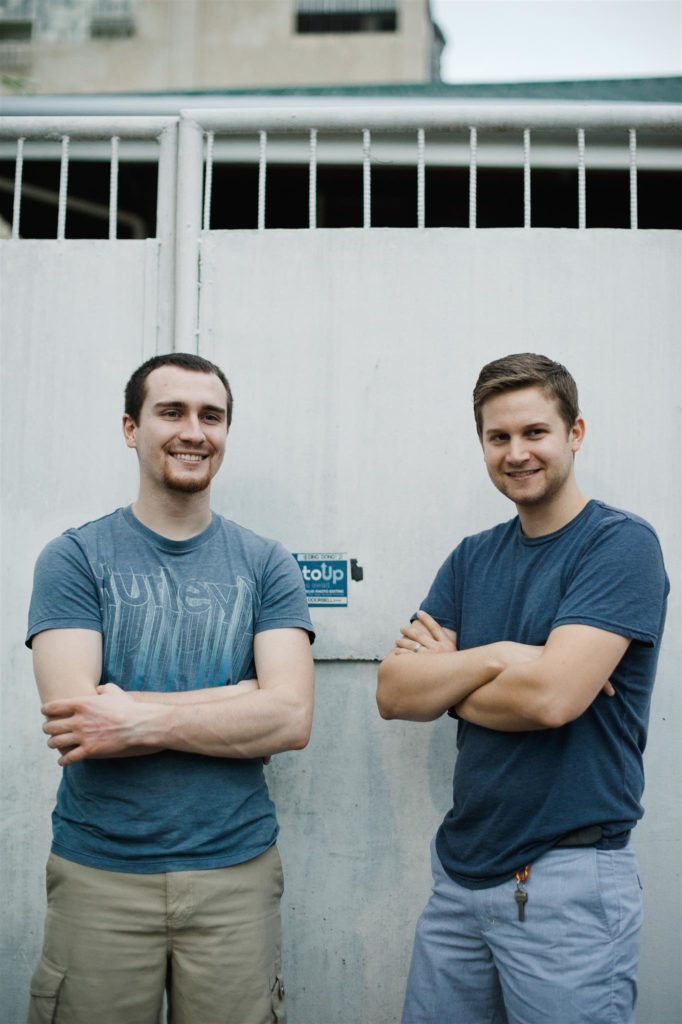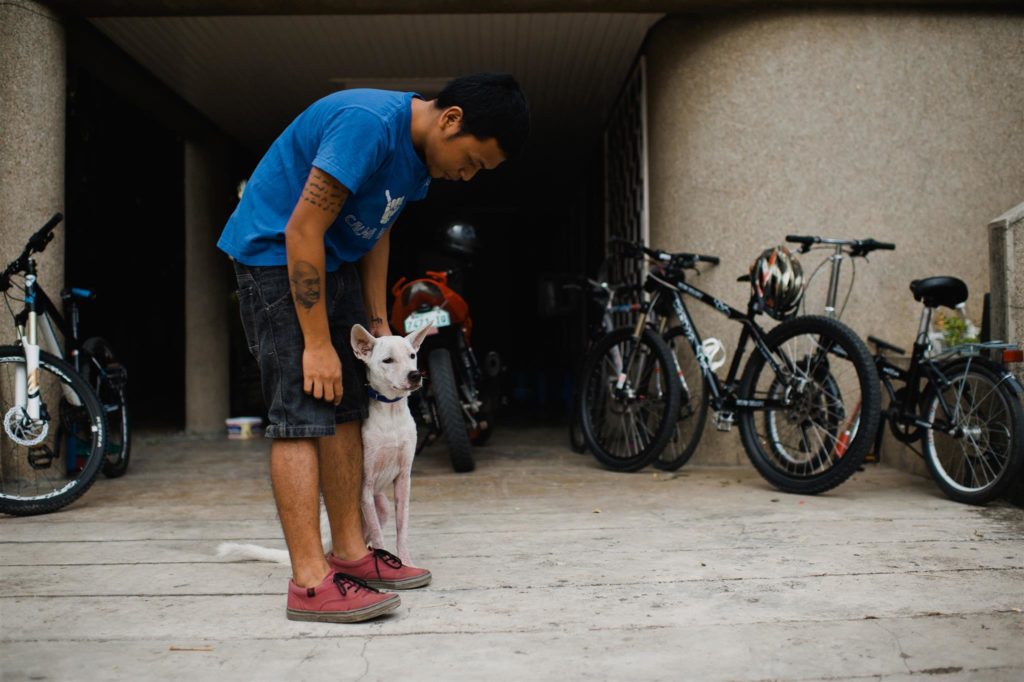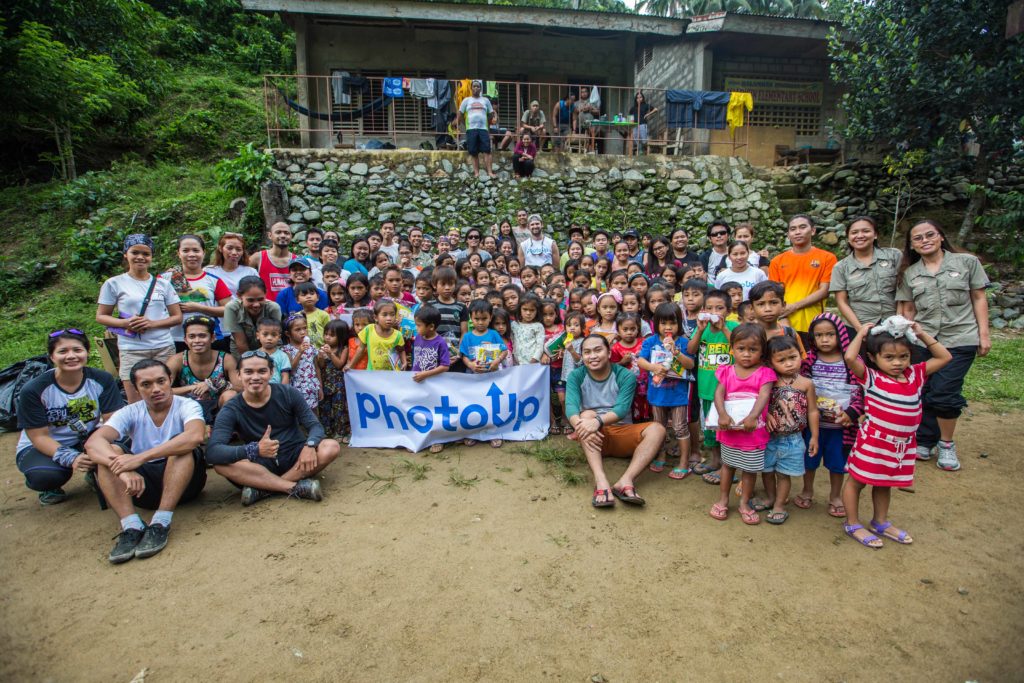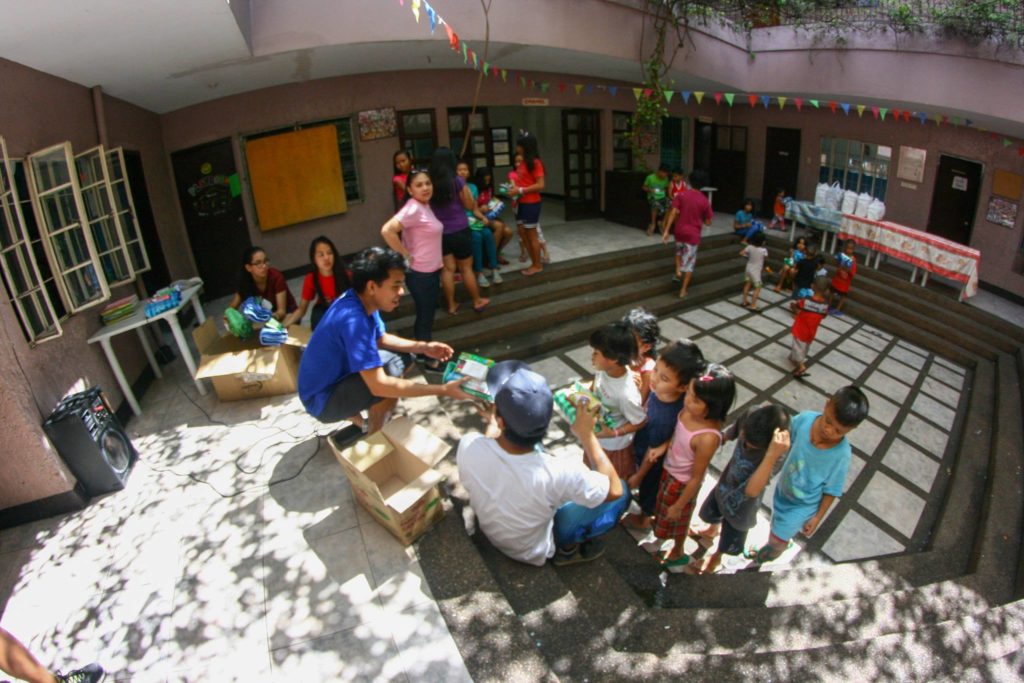Recently, a student doing a project on social entrepreneurs for her Principles of Management class reached out to us to ask us a few questions about being a social enterprise. It’s always nice to get a chance to tell our story, so we thought we’d share some of her questions and our answers here.
1. What inspired PhotoUp to be a business rooted in social enterprise?
Our editing operations are based in Cebu, the Philippines. Our founder and current CEO Kristian started the business there after visiting some of his family that lives in Manila. He came to know and admire the Filipino people.
Cebu also provided a great opportunity because, due to the time difference from North America, it was easy to have photographers upload their photos at night and get them back the next morning. The initial model of the business was trying to solve a real problem for real estate photographers: they need to shoot a lot of homes to make a living and they need to deliver their images the next day.
For most real estate photographers, this meant compromising sleep or family time at night in order to operate their businesses. So starting a real estate photo editing business in Cebu was a perfect fit for the business side of things.
On the social side, our other co-founder Chris had a huge heart for the Philippines. He was witness to the social problems there. After visiting the Philippines on development projects with his former company and talking to with a lot of young Filipinos, Chris realized there was a real need for stable, creative work for young people fresh out of university. In the Philippines, lots of young people have degrees, but there aren’t many good jobs to go around.

Lots of young Filipinos are forced to take jobs in overseas foreign worker programs that often leave them broken and disillusioned. They leave the country at the time when they could be making a positive social impact back home.
One of our very first employees, Ossie, who is now Director of Operations in Cebu and the tsar or our social impact program, also has a huge heart for these issues. He pointed out that on top of everything else, the Philippines has some real environmental problems, especially with the overuse of single-use plastics and abundance of trash along their coasts and interior waterways.

Out of these three tracks, the business and the social enterprise were born: generating revenue by servicing a real need in the real estate photography industry, providing creative jobs to those fresh out of university and long-term management positions to young people (over 90% of our leaders are in management for the first time), and using the additional revenue to fund social projects developed, led by our employees to tackle systemic problems of environmental degradation and poverty.
These social projects, coupled with some additional goal setting and leadership training, have given our employees some real-world training on how to positively impact their communities. We continue to develop our social impact as we grow, making a real commitment this year to promote women in leadership and tech. Next year, we will be adding a matching program to fund additional schooling for our staff.
Overall, we believe that businesses can and must be the drivers of social change. At Photoup, we believe we have built something that is beautiful, can have lasting an sustainable impact, and can give all of us a better reason to go into the office everyday than punching a clock and making money.
2. How does PhotoUp balance the profit side of the business with the “impact sourcing” side?
Great question! I know a lot of investors ask their teams to focus on profit first and then social impact second. Luckily for us, all our initial cash has come from investors who are investing as much BECAUSE of the social side of things as a return on their investment.
So on the one hand, we are blessed to not only have the backing of our investors but also having real accountability to uphold our social principles in order to make them happy. We’re also in the process of applying for B-Corp status, which will make us even more accountable to our social responsibility even as we expand. Our goal is to be B-Corp certified by 2019.

That said, the whole point of a social enterprise rather than a charity is to be self-sustaining, so profit does matter to us. If we didn’t turn a profit, then we couldn’t continue to operate and the social impact we are having in Cebu would also cease to exist.
I think the biggest way that we find this balance is by selling our social impact to our clients. We are not the cheapest real estate photo editing company in the world, in part because we pay our staff well for the Cebu economy and in part because we have to factor in support for our additional social programs and so, we find it beneficial to show our clients as much as possible the benefit that their partnership with us is having on our staff and Cebu.
It’s somewhat like selling organic food—yes it costs more, but because it is often harder to grow and in the end tastes better. As long as clients understand why we are more expensive, they are generally willing to pay a little bit more, which allows us to maintain profitable margins and continue operating both sides of the business.

3. Do you believe more businesses will be using social enterprise in the future?
This is a hard question for me, to be honest. I do believe that a lot of people look around and see the great social and environmental needs the world still has, even after so much progress and I believe they want to do something about it. I do believe people are starting to understand that the charity model of constant fundraising (and spending a fair amount of the raised money on the process of raising more money), along with the inability to keep good talent, is probably not sustainable long-term.
I also think that people are starting to see that being socially responsible is not only morally beneficial, it is also economically beneficial for both on the sales and talent retention (who doesn’t want to work for a company that is doing good in the world?). All of that makes me want to believe that more entrepreneurs will want to start social enterprises. That means more businesses will become social enterprises in the future. But… I’m a bit cynical by nature, and there are just so many big companies willing to be so socially irresponsible that sometimes I’m not so sure.

We hope you’ve enjoyed reading more about our story and the impact we are trying to have in the Philippines. If you have any questions about the social side of the business or are thinking about starting a social enterprise of your own, please be in touch. We are always happy to talk about the positive impact we are trying to have in the world and how you can be a part of it!





